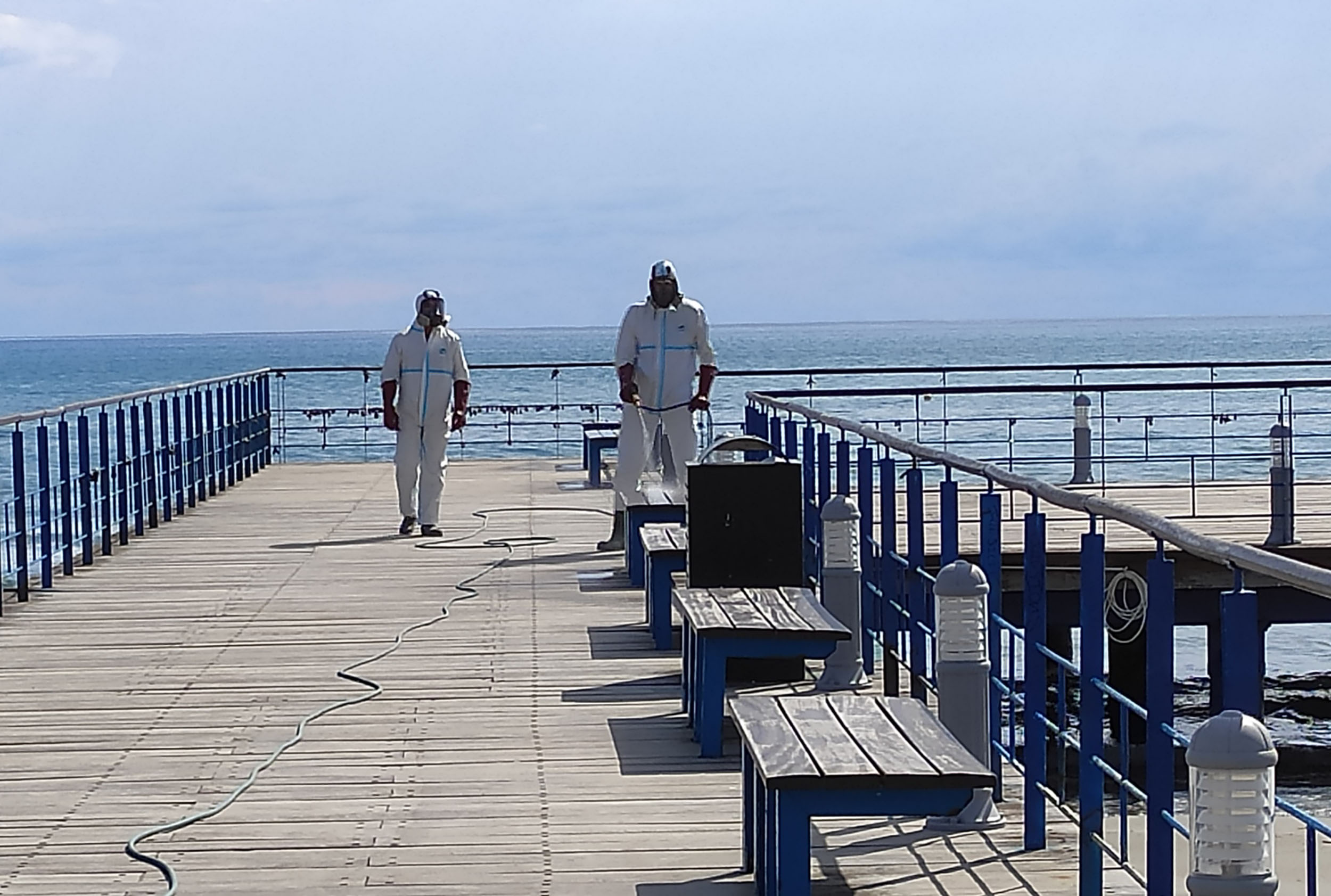Tighter measures effective from Tuesday sees Cyprus come under its first curfew in peacetime while there will be checks on residences and tougher fines for breaking coronavirus social distancing rules.
From March 31, people with only some exceptions are banned from leaving their homes after 2100 local until 0600 the following morning.
Only essential workers are exempt from the blanket curfew.
The stringent measures – valid from 0600 Tuesday – add to restrictions on leaving homes only with permission.
The new curbs also mean people leaving home on a stated errand could do so only once a day, while fines for those violating the order would double to €300.
Cyprus took measures early to prevent the spread of COVID-19 and extended the shutdown to all air links effective March 21.
But a sharp weekend increase in cases worried authorities, as did long queues forming outside ATMs in some areas on Monday morning by people seeking cash.
Thirty-five new cases recorded on Sunday night — more than double the number reported on Saturday — brought Cyprus’ total to 214 cases.
An additional 16 were recorded on Monday, bringing the total to 230. There have been seven recorded deaths since the outbreak first surfaced on March 9.
Exceptions to the rule
Cyprus Health Minister Constantinos Ioannou said via Twitter that visiting the pharmacy, blood donation, going to the doctor, helping the vulnerable and the transport of National Guard members are exempt from the one-trip restriction.
The minister made the clarification after announcing on Monday tighter measures to contain the COVID-19 outbreak.
The new decree also bans people gathering in any residence apart from the ones who are permanently residing in it.
He announced a curfew between 2100 hours and 0600 every day applicable to everyone apart from people who have the necessary documentation certifying that they are working.
Only citizens aged 65 and over will be able to use hard copies of document B, instead of sending an SMS.
Retail businesses selling food and beverages such as supermarkets, general stores, butchers, fishmongers, bakeries, patisseries, greengrocers, off-licences, mini markets, must shut on Sundays.
These businesses can offer a delivery service.
Passengers in a taxi or a car cannot exceed three at any time including the driver.
Ioannou said businesses should place marking inside and outside their premises so that a distance of two meters between customers can be maintained.
“All citizens approaching premises which are accessed by the public should make sure to keep a distance of two meters from other people.”
The spot fine imposed for violation of the decree doubled from €150 to €300.
The Health Ministry is also studying the possibility of imposing electronic tagging on people who have tested positive of the coronavirus and are in self-isolation – similar to an electronic bracelet used for prisoners under house arrest.
Ioannou said the increased number of positive cases announced Sunday was down to two people who had arrived from abroad, were told to self-isolate, but instead went out and about, and “infected some people due to their irresponsible actions”.










